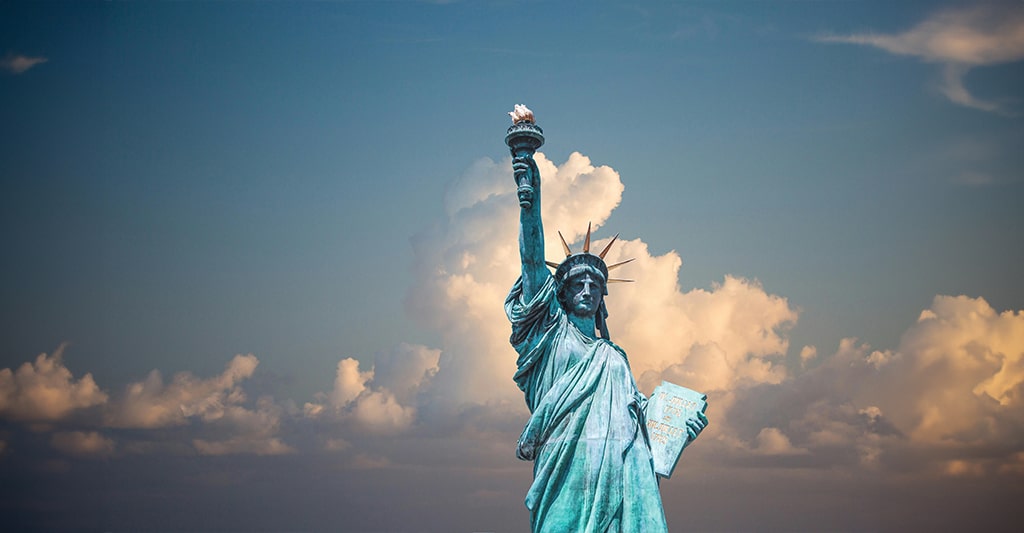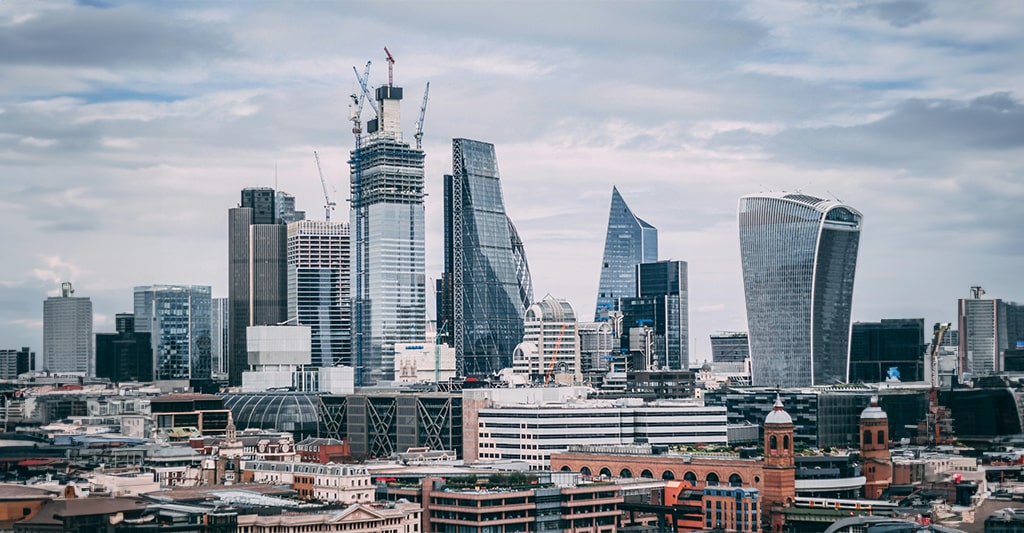
$500Bn Corporate Debt Distress Looming over Global Economy
As a decade marked by accessible funding and low interest rates concluded, and with concerns of a credit crisis seemingly diminishing, experts caution that a worldwide surge in corporate bankruptcies may be imminent. Leading authorities in corporate debt are sounding alarms, stating that, apart from the early days of the pandemic, substantial corporate bankruptcies totaling USD 500 billion are accumulating at a pace second only to the global financial crisis in 2008.
These experts predict that corporate debt will persist in growing, putting strain on credit markets that have been recovering from some of the most significant losses witnessed in two decades, potentially posing a threat to economic growth. Many observers only see the surface issue, with empty offices spanning from Hong Kong to San Francisco as remote work becomes more prevalent. However, the underlying problem lies in the debt accumulated during an era of easily accessible funds, which now proves more expensive to service as central banks increase interest rates according to their monetary policies.
For instance, in the United States, from 2008 to 2021, the size of leveraged loans and high-yield bonds—owned by less creditworthy and riskier businesses—more than doubled to around USD 3 trillion. An interesting statistic for the period 2008 to 2021 also reveals a surge in debts belonging to non-financial Chinese companies relative to the size of the Chinese economy.
In Europe, junk bond sales increased by approximately 40% in 2021, and a number of these bonds are approaching maturity, adding to the existing outstanding debt of USD 785 billion. In London’s Canary Wharf, a major financial center where HSBC and other large institutions are headquartered, two buildings owned by a Chinese property developer were seized by receivers due to non-payment of loans, exacerbated by banks scaling back on office space even before the pandemic and the impact of Brexit.
In the realm of private equity, some companies purchased by these firms now carry debt exceeding USD 70 billion and are trading at distressed levels. Private equity, having enjoyed low interest rates and easy credit for years, followed a business plan of acquiring a company, borrowing money, and cutting costs to turn a profit. Unfortunately, many of these companies were left burdened with debt, often with floating rate loans on their books. Now, with higher interest rates, these companies are on the brink of receivership.
As these debts accumulate and more companies face distress, other sectors like advertising companies are affected, as they are typically the first to experience budget cuts. The real estate sector is also feeling the impact, with most distressed debt related to property issues in China, where companies like Dalian Wanda Group and China Evergrande Group have seen their debt prices collapse, leading to debt restructuring.
The global economy must wait to see if central bank policies will permit a reduction in interest rates as efforts to control inflation progress. However, with Russia withdrawing from the Black Sea Grain Initiative in July 2022, the potential impact on inflation remains uncertain.




